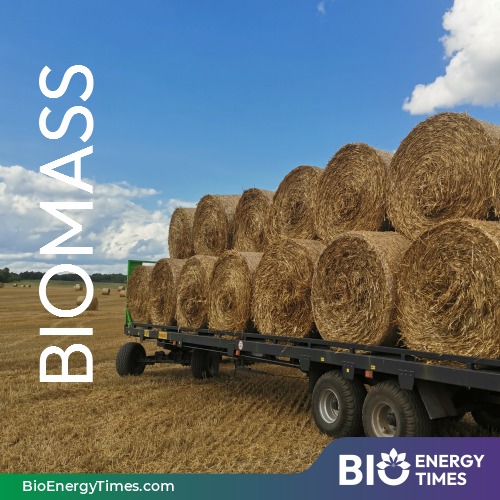EKI Energy Services Ltd., a leading global developer and supplier of carbon credits in the International Voluntary Carbon Markets, today announced the registration and issuance of its first improved biomass cookstove project under the VERRA’s Sustainable Development Verified Impact Standard (SD VISta), the world’s premier standard for certifying sustainable development impacts. This groundbreaking project is the first of its kind to be verified and validated with SD VISta not only in India but across Asia. It aims to produce exceptional environmental and community benefits while advancing Sustainable Development Goals (SDGs).
Situated in India, where over 800 million people still use conventional mud stoves, the clean cooking initiative is poised to make a significant impact. India, ranking third in overall CO2 emissions globally, will benefit greatly from the distribution of improved cookstoves, which will help mitigate climate change. The project’s activities address multiple aspects of rural living, often overlooked in discussions about scientific and societal progress.
The project aims to provide enhanced efficient cookstoves (ICS) to rural and economically disadvantaged households across six states: Chhattisgarh, Rajasthan, Maharashtra, Gujarat, Madhya Pradesh, and Bihar. It seeks to achieve two primary goals: the distribution of efficient ICS among these states’ rural families and the creation of livelihood opportunities related to its distribution and maintenance. The project will enable household-level access to cleaner and efficient energy.
Mr. Manish Dabkara, Chairman & MD of EKI Energy Services Ltd. (EKI), said, “As we embark on this transformative journey, let us remember that every clean cookstove distributed represents more than just a tool for cooking – it symbolizes hope, empowerment, and a brighter future for communities across India. Together, we are not only reducing emissions and protecting our environment but also uplifting lives and paving the way for sustainable development. Our commitment to innovation and social responsibility drives us forward, as we strive to create a world where every individual has access to clean energy and opportunity.”
Mr. Ramkrishna Patil, President, Operations – Climate Change, EKI Energy Services Ltd., said, “As we pioneer Asia’s first registered and verified biomass cookstove project under VERRA’s SD VISta, we’re not only mitigating climate change but also improving health and transforming livelihoods across India. This initiative empowers local communities, particularly women, through clean cooking technology. By addressing energy poverty and promoting sustainable practices, we’re making significant strides towards achieving multiple SDGs, enhancing both environmental stewardship and social equity.”
The biomass cookstoves address a critical need by providing affordable cooking solutions for communities that cannot afford higher-end options like LPG and electric. These biomass cookstoves not only reduce household expenses and drudgery but also promote sustainable energy practices, ensuring equitable access to clean cooking technology. The project is expected to reduce greenhouse gas emissions by an average of 5.4 tCO2e annually per cookstove and 2,700,000 tCO2e annually for the entire project over the crediting period. Further, it is projected to generate 9.45 million Verified Carbon Units (VCUs) over its lifespan.
The project’s objectives through the distribution and implementation of ICS include reducing demand for woody biomass as fuel; minimizing local deforestation; lessening the drudgery of wood fuel collection, primarily performed by women and children; reducing time spent cooking over open fires, thus decreasing exposure to toxic smoke; increasing time for improving quality of life through economic activities and knowledge dissemination; improving health status by reducing exposure to household air pollutants (HAPs).
Aligned with sustainable development objectives, the project ensures economic, social, and environmental well-being, contributing significantly to SDG 1, SDG 3, SDG 4, SDG 5, SDG 7, SDG 8, SDG 11, SDG 12, SDG 13, and SDG 15.















